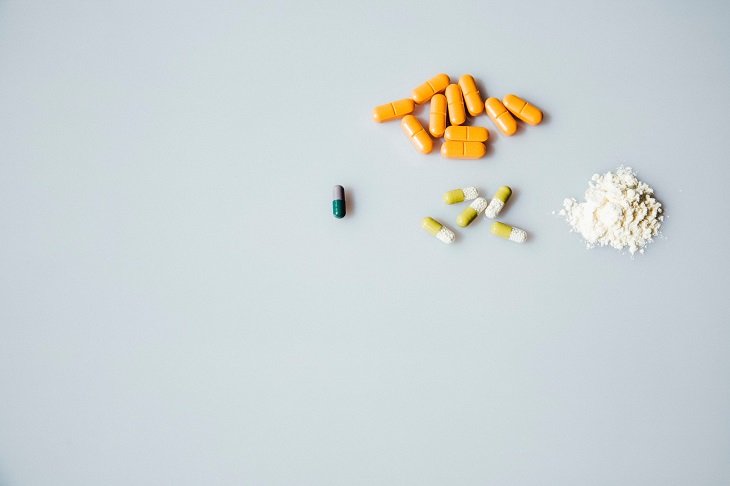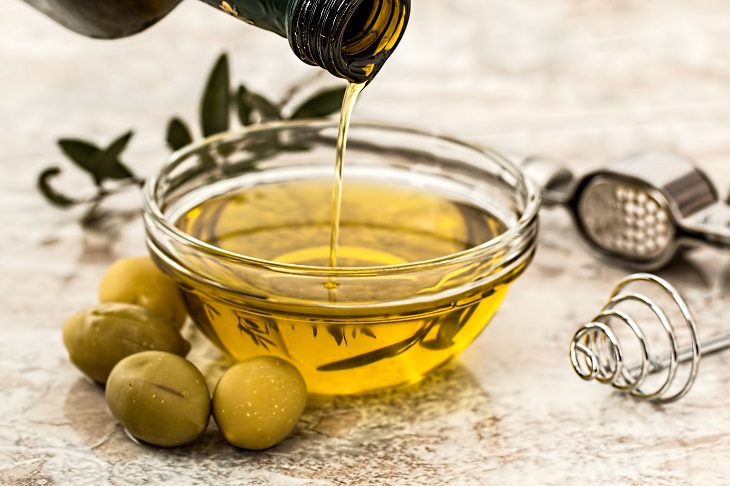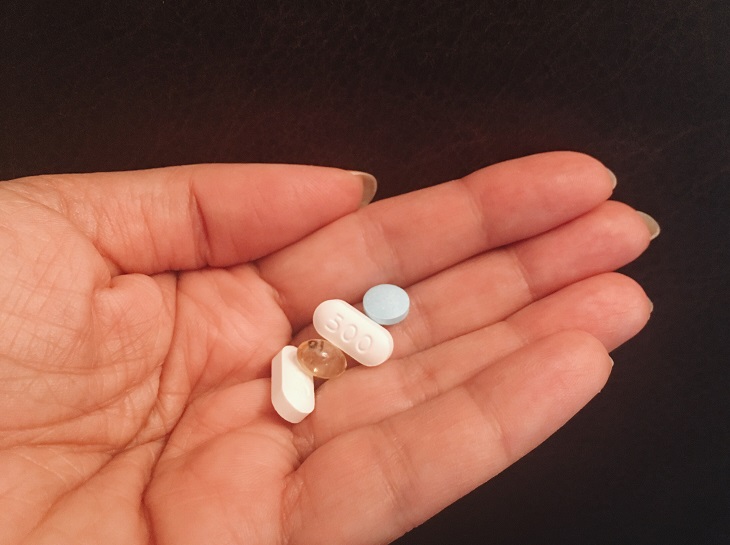People who suffer from anxiety know how difficult it can be. There are several types of anxiety disorders, all of which come with their own set of symptoms. When a person develops an anxiety disorder, they often experience mental and physical symptoms that can be debilitating.
One of the most challenging symptoms of anxiety is an anxiety attack. People who suffer these types of attacks most likely require treatment. In some cases, taking medication can work for people with an anxiety disorder, but that’s not always the case. Many people suffer from treatment-resistant anxiety or prefer to go the natural route. So are there supplements you can take to help in these situations? Read on to learn more about what supplements are good for anxiety attacks.
What are anxiety attacks?
Anxiety attacks are also known as panic attacks. During an attack, a person will experience feelings of intense fear or panic that lead to severe physical and emotional symptoms. In some cases, an anxiety attack can bring on chest pain that is so severe it can feel like a heart attack.
These attacks can occur with or without triggers, making them impossible to predict. The good news is that there are natural ways to keep anxiety attacks at bay.
What is the best natural supplement for panic attacks?
Natural supplements are gaining traction in the health and wellness world because they are effective and do not contain chemical ingredients. The best natural supplements for panic attacks include:
Saffron
Saffron is a type of spice used in cooking. However, it has a lot of beneficial medicinal properties. People who suffer from anxiety attacks can benefit from taking saffron because of its antioxidant compounds. Antioxidants are used in the body to help balance free radicals. When free radicals build up, it can create various health problems.
Research shows that saffron supplements can reduce anxiety so effectively that it rivals the anti-anxiety medication known as fluoxetine.
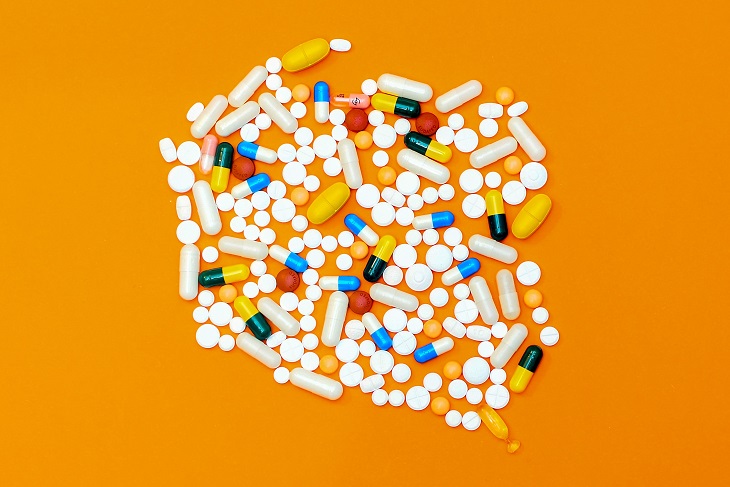
Chamomile
Chamomile is a popular tea people drink for its calming properties. While tea is an excellent way to consume chamomile, people with anxiety may want to opt for supplements. Studies show that chamomile can help reduce anxiety symptoms in people with severe generalized anxiety disorder.
L-theanine
L-theanine is a natural amino acid found in green tea. When taken in supplement form, it can reduce feelings of stress and anxiety. Certain mood disorders that cause anxiety as a secondary symptom can also be relieved using L-theanine.
Curcumin
Curcumin is one of the main compounds found in turmeric. It also gives the spice its bright hue. Curcumin is a polyphenol, a plant-based compound packed with health-boosting antioxidants. It has been shown to reduce inflammation as well as symptoms of depression. In terms of anxiety, regular curcumin use can reduce symptoms significantly.
CBD
Cannabidiol, otherwise known as CBD, is a natural compound found in marijuana plants. Its popularity has grown in recent years with the increase in marijuana legalization across the county. The medicinal benefits have been studied extensively, and current evidence finds that people with anxiety disorders can reduce their symptoms when using CBD.
What vitamins are best for anxiety?
While natural supplements can be helpful, giving the body the nutrients it needs can also keep anxiety levels down. Some of the best anti-anxiety vitamins include:
Magnesium glycinate
Magnesium is a mineral the body needs for various functions, including the stress response. Since stress and anxiety go hand in hand, regulating the stress response can aid in reducing anxiety. This can in turn reduce the number of panic attacks a person has.
Vitamin D3
One of the most common nutrient deficiencies is vitamin D3. People often fail to get enough through diet alone, and the health of the body and mind suffers for it. The body uses vitamin D3 to help regulate mood and encourage good brain function. People with anxiety are far more likely to be deficient in the vitamin, showing a connection between the two.
Research shows that people with anxiety who take vitamin D3 supplements can reduce their symptoms, including panic attacks. The severity of their anxiety can also be reduced, decreasing panic attacks over time.
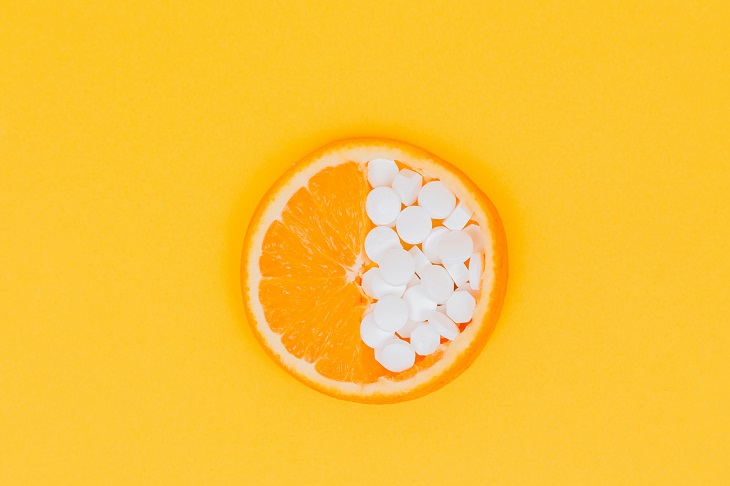
Omega-3
Omega-3s are vital to brain health and function. Many people don’t get enough through diet and nutrition alone. Studies have examined omega-3 supplementation in people with anxiety and found that the vitamin can reduce symptoms of the disorder if taken in high doses.
Vitamin C
Vitamin C acts as an antioxidant to help combat free radical buildup and oxidative stress. Since oxidative stress can cause inflammation and other issues within the body, it’s essential to maintain balance as best you can.
For people with anxiety, oxidative stress can contribute to worsened symptoms. Research surrounding vitamin C and anxiety concluded that people who take 500 mg of vitamin C daily could reduce their anxiety symptoms over the long term.
None of these supplements will take a panic attack away while it’s happening. However, taking them regularly will help reduce overall anxiety in people with these disorders and thus reduce the frequency of panic attacks.
Featured image by Mika Baumeister on Unsplash
